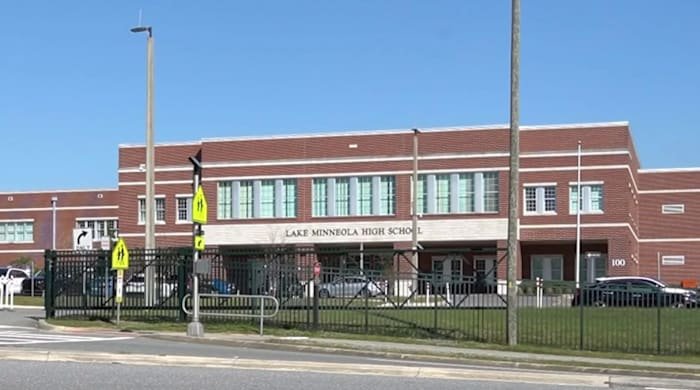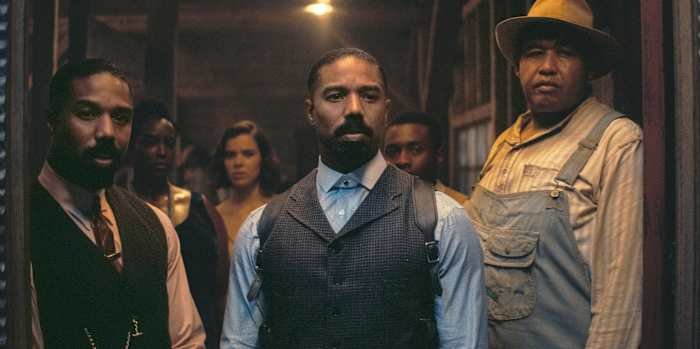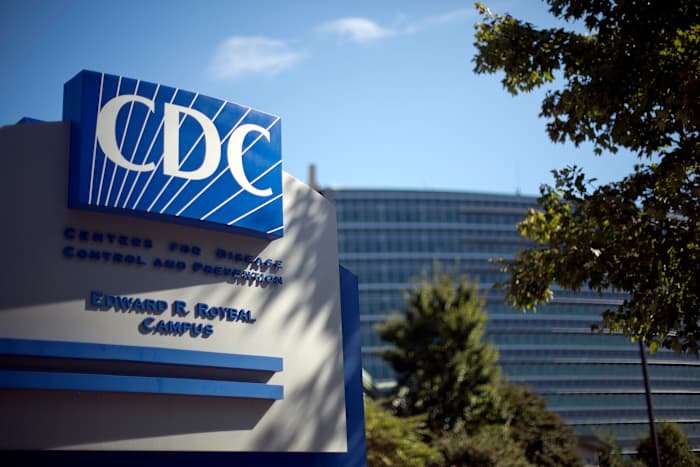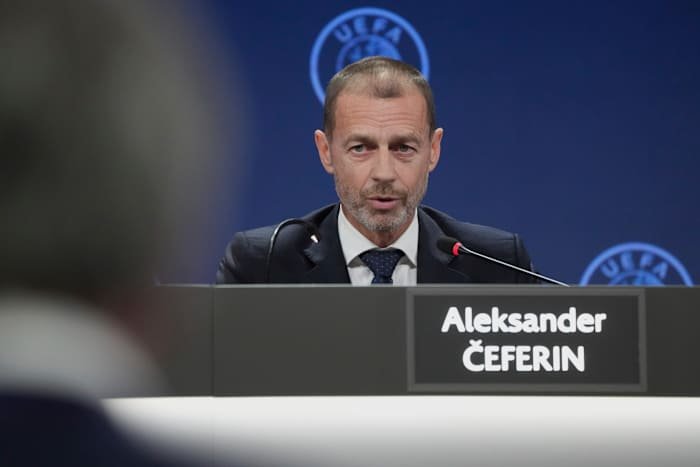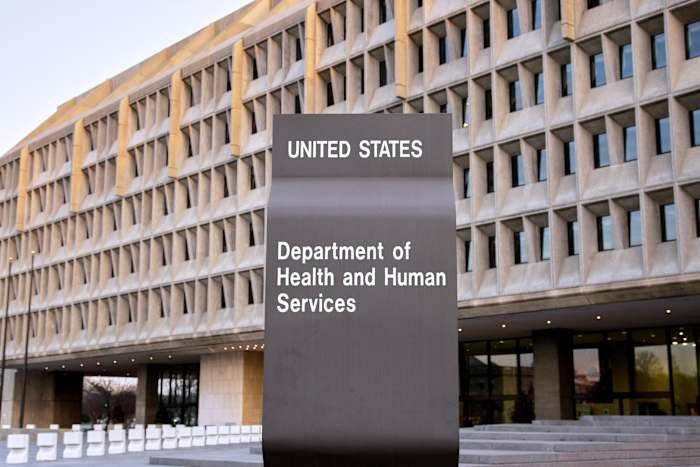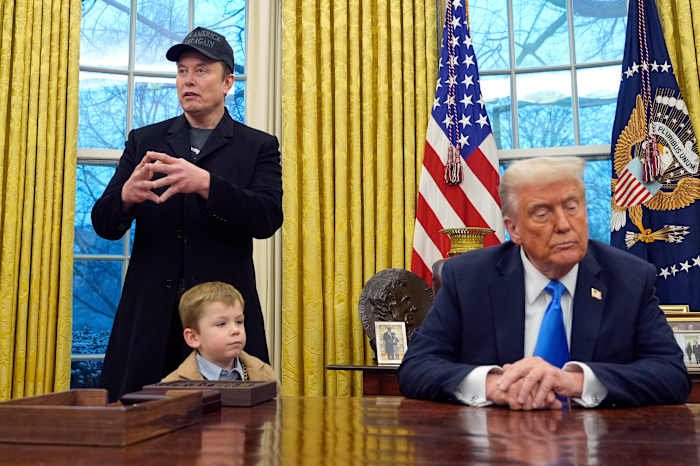Introduction
The Trump administration recently made headlines by reversing the United States’ longstanding position on the United Nations Relief and Works Agency for Palestine Refugees (UNRWA). The administration decided that UNRWA will no longer be considered immune from civil lawsuits in U.S. courts. This significant policy shift raises far-reaching implications, not only on the global stage but also for communities closer to home—such as right here in Orlando. In this blog post, Daily Orlando News explores what this decision means, why it matters, and the potential impact on our city’s diverse population and organizations.
Understanding the Policy Change
For decades, the U.S. government recognized UNRWA’s immunity from civil lawsuits, shielding the agency from legal claims in American courts. This protection was rooted in the U.N. Headquarters Agreement of 1947 and various international laws, designed to allow U.N. agencies to operate independently and without hindrance. The Trump administration’s reversal now opens the door for lawsuits against UNRWA within the United States, a move that could have significant legal and diplomatic consequences.
According to administration officials, the policy change aims to hold U.N. agencies more accountable, particularly when their actions or policies are challenged by individuals or groups in the U.S. However, critics argue this could undermine the operations of organizations working in conflict zones and complicate international relations.
How Could This Affect Orlando’s Diverse Community?
Orlando is known for its vibrant and diverse population, including communities with ties to the Middle East and international affairs. Local organizations, advocacy groups, and residents who have family or heritage in Palestinian territories may closely follow developments related to UNRWA. The ability to sue UNRWA in U.S. courts could potentially empower Orlando-based individuals or groups who feel they have been wronged by the agency’s actions—or, conversely, it could spark concern among those who rely on its humanitarian services.
Local universities, such as the University of Central Florida (UCF), which hosts various international studies and legal programs, may also see an uptick in discussions, events, and academic research surrounding the implications of this policy change. Orlando’s legal community could be directly affected as well, especially if lawsuits are filed in local courts.
Impact on Local Humanitarian and Advocacy Efforts
Orlando is home to several non-profits and faith-based organizations that support global humanitarian causes, including aid for Palestinian refugees. These groups often collaborate with international partners, including U.N. agencies like UNRWA, to provide relief and advocacy. The Trump administration’s decision could introduce new challenges for these organizations. Concerns may arise about the stability of international partnerships and the risk of legal entanglements.
Additionally, local events, fundraisers, and awareness campaigns related to Palestinian refugee issues could shift focus, addressing the legal uncertainties and diplomatic tensions stemming from the policy change. Some organizations may need to reassess their communication and collaboration strategies with U.N. agencies.
Legal and Diplomatic Ramifications in Florida
With the door open for lawsuits against UNRWA, local attorneys and law firms in Orlando might encounter new types of international cases. This could lead to an increased demand for legal expertise in international law, civil rights, and diplomatic immunity. Local law schools may also incorporate these developments into their curriculum, providing Orlando students with real-time case studies on the evolving landscape of international legal protections.
On the diplomatic front, Orlando’s sister city programs and international business ties may experience additional scrutiny or caution in their dealings with organizations associated with the United Nations. Elected officials and community leaders may need to respond to concerns from constituents who have a personal or professional stake in the issue.
The Broader Conversation in Orlando
Beyond legal and organizational impacts, this policy shift may spark broader conversations in Orlando about humanitarian aid, international accountability, and the U.S. role in global affairs. Town halls, panel discussions, and community forums could emerge as platforms for residents to voice their opinions, learn more, and engage with experts on the topic.
Local media, including Daily Orlando News, will undoubtedly continue to monitor and report on how this federal decision resonates within our city—reflecting the diverse perspectives and concerns of Orlando’s residents.
Conclusion
The Trump administration’s decision to strip UNRWA of its immunity from civil lawsuits marks a dramatic change in U.S. policy, with potential ripple effects that reach all the way to Orlando. As our city navigates the complexities of this new legal and diplomatic landscape, it’s important to stay informed and engaged. How do you think this policy change might affect Orlando’s community or your own perspective on international issues? Share your thoughts in the comments below!






